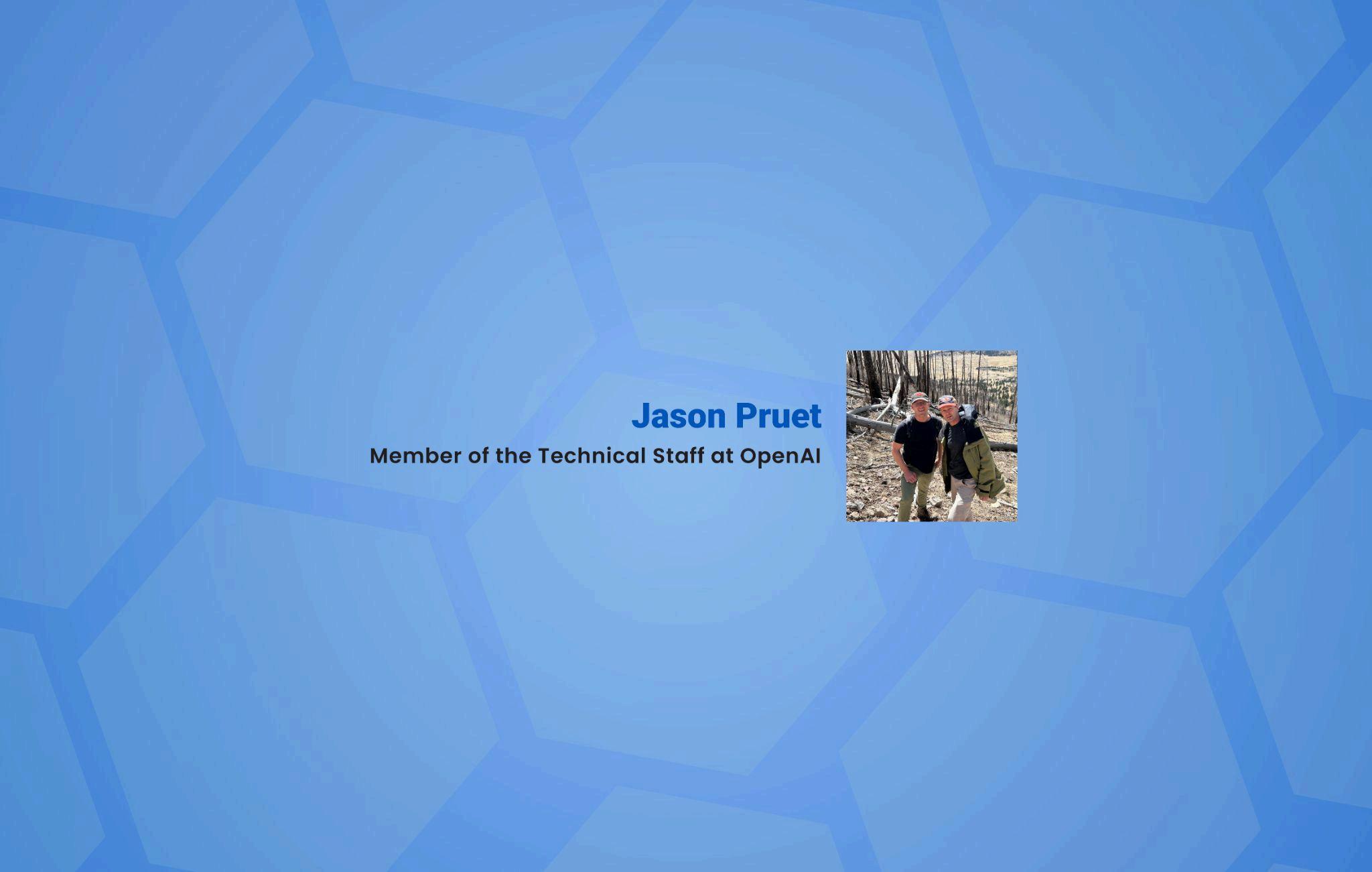Powering Discovery: How High-Performance Computing Is Revolutionizing Modern Science by Jason Pruet of OpenAI
Published on: 11/06/2025

High-Performance Computing (HPC) has become the cornerstone of modern scientific discovery, driving innovation at scales once thought impossible. As global challenges become increasingly complex from climate modeling to genomic research HPC provides the immense computational power necessary to simulate, analyze, and solve problems that traditional systems cannot handle, as Jason Pruet of OpenAI explained.
At its essence, HPC refers to the use of supercomputers and parallel processing techniques to perform large-scale computations at incredible speeds. These systems can process quadrillions of calculations per second, enabling scientists to explore intricate phenomena such as black hole dynamics, molecular interactions, and the spread of infectious diseases. By dramatically reducing the time required to process vast datasets, HPC accelerates the path from hypothesis to discovery
In climate science, HPC enables the creation of highly detailed models that predict weather patterns and long-term climate change with improved accuracy In medicine, researchers use it to simulate protein folding, identify potential drug compounds, and analyze genomic sequences paving the way for breakthroughs in personalized healthcare. Meanwhile, in physics and astronomy, HPC enables scientists to explore the mysteries of dark matter, quantum mechanics, and spacetime with unprecedented precision.
Beyond scientific research, HPC also plays a crucial role in industrial innovation From optimizing manufacturing processes to designing safer vehicles and energy-efficient materials, industries rely on HPC-driven simulations to innovate faster while minimizing costs and risks.
The convergence of HPC with artificial intelligence (AI) is ushering in a new era of computational science. AI algorithms trained on HPC systems can identify patterns in massive datasets, leading to smarter predictions and automated decision-making This synergy amplifies the potential of both technologies, enabling faster, more accurate scientific outcomes
Looking ahead, the rise of exascale computing machines capable of performing more than one quintillion calculations per second will mark a new milestone These systems will empower humanity to tackle previously unsolvable problems, from sustainable energy solutions to planetary-scale simulations
High-Performance Computing is not just a tool—it is the engine of modern discovery. By fusing power, precision, and innovation, HPC is shaping the future of science, unlocking new frontiers of understanding and transforming the limits of human potential
